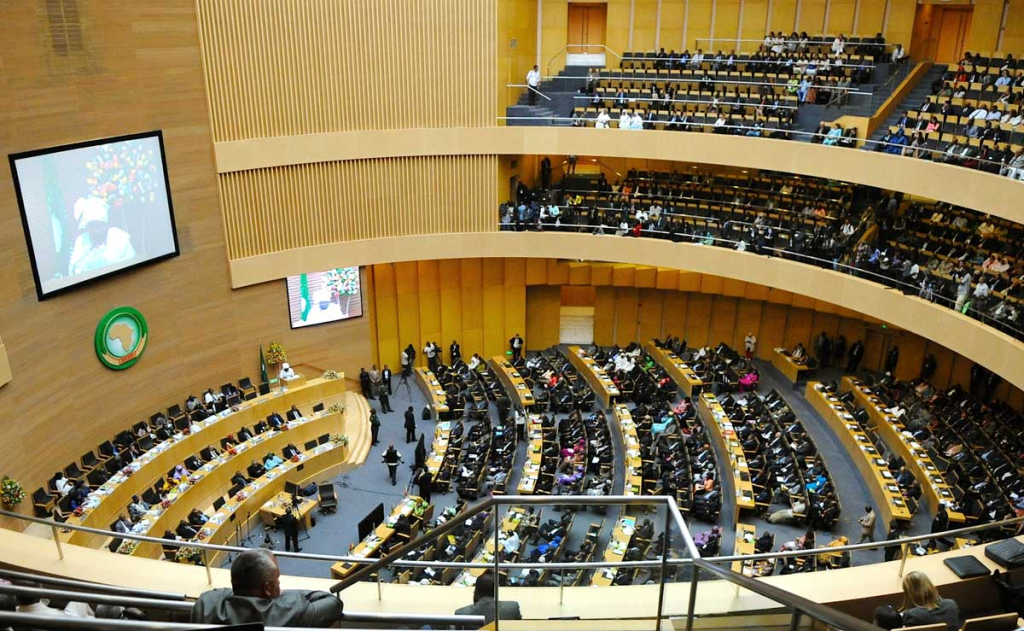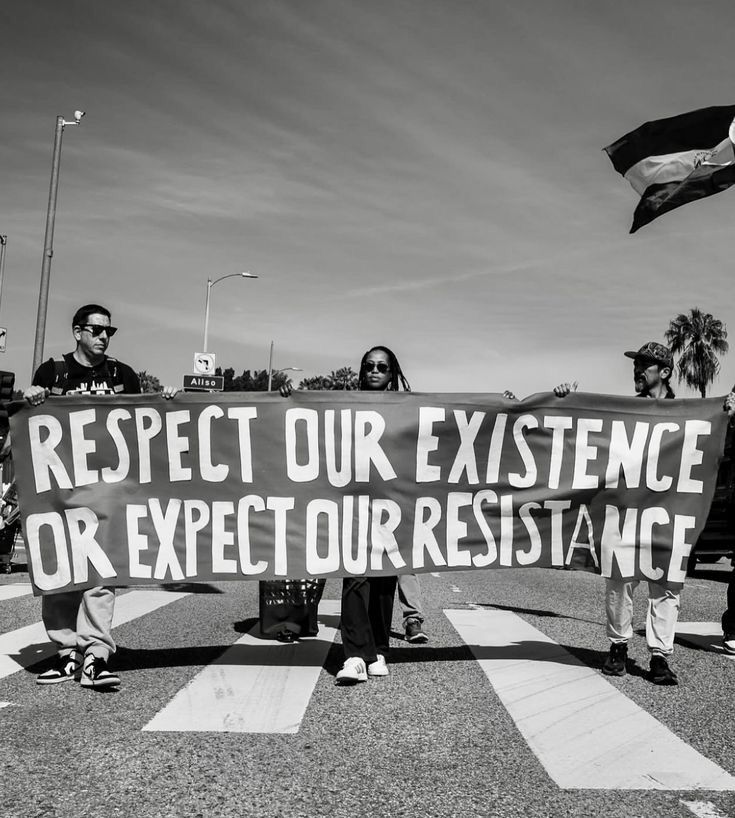Building Trust in Public Institutions
By Divine Adongo | Voices of Africa

Why Integrity and Service Matter More Than Promises
In a township clinic just outside Lusaka, a mother holds her feverish child and waits for a doctor who never arrives. The medicine is out of stock. The nurse is overwhelmed. The building is crumbling. She remembers the campaign speeches, the posters, the promises. But today, like many days, the state feels like a rumour — distant, unreliable, and indifferent.
Across Africa, stories like this repeat themselves — in schools where teachers are unpaid, in courts where justice is delayed, in villages where clean water is a luxury, and on roads where ambulances never come. The deeper issue is not just poor service delivery — it is a crisis of trust. And once trust in public institutions is broken, democracy becomes hollow, and development becomes fragile.
Trust is the currency of governance. When citizens believe that institutions work — that they are fair, transparent, and responsive — they comply with laws, pay taxes, and invest in the future. But when public institutions betray that trust, a different dynamic takes hold. People stop paying taxes and start paying bribes. They seek favours, not justice. They hoard opportunity rather than build systems. The state becomes something to survive, not something to believe in.
This erosion of trust didn’t happen overnight. It is the result of years — even decades — of empty manifestos, mismanaged funds, rigged tenders, and impunity. Corruption scandals come and go, but rarely with consequences. Government officials speak of patriotism while sending their children abroad for school and healthcare. Laws are enforced selectively. And in the eyes of many citizens, public office has become a shortcut to private wealth.
Yet, amid this despair, there is hope — and it lies in the power of public service done right. In Rwanda, the e-government model has made public services more efficient and transparent. In Botswana, strong institutions and merit-based appointments have earned global respect. In Sierra Leone, digital tracking of school supplies has reduced corruption in the education sector. These are not perfect systems — but they prove that trust can be restored when integrity is prioritized over performance.
Rebuilding trust begins with listening. Institutions must go beyond issuing press statements and start engaging citizens, especially at the grassroots level. Town hall meetings, feedback mechanisms, open budget portals, citizen scorecards — these are not public relations tools; they are bridges to trust. Leaders must show that they are accountable not just during election season, but every day. This means declaring assets, facing independent audits, and responding to citizen concerns promptly and respectfully.
Equally important is equity. Trust grows when people believe the system works for everyone, not just the connected few. Public services must reach rural areas, underserved communities, and historically marginalized groups. A clinic in a village should not be worse than a clinic in the city. A public school in the north should have the same quality of teaching as one in the south. Consistency is the foundation of credibility.
For Africa’s youth — digital, demanding, and dynamic — trust is not built through slogans. It is built through systems that function. It is built when job recruitment is transparent. When ID cards are processed without bribes. When teachers are paid on time. When police officers uphold the law, not exploit it. Young people do not expect perfection. But they expect effort, honesty, and follow-through.
As Pan-Africanists, we must promote a governance culture where service is sacred and leadership is stewardship. Trust cannot be imported, and it cannot be forced. It must be earned, brick by brick, through competence, humility, and results. Because in the end, no constitution, no policy, no speech can substitute for a citizen who truly believes, “This system works for me.”
Africa’s next transformation will not be driven by billion-dollar loans or foreign aid. It will be driven by trust — trust in the ballot, in the courts, in the hospitals, in the public schools, in the daily systems that make citizenship meaningful.
The future of African democracy depends on it.



